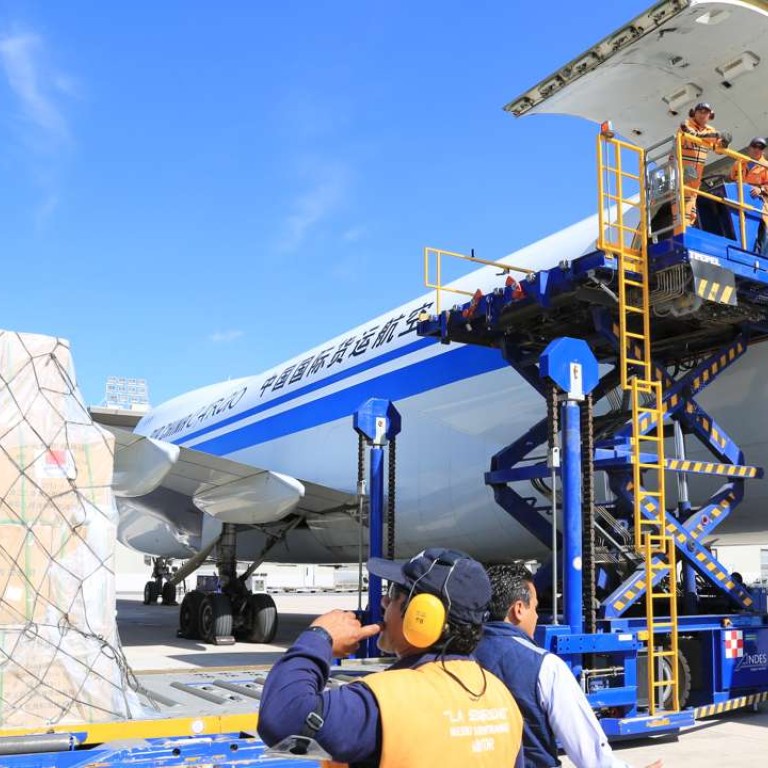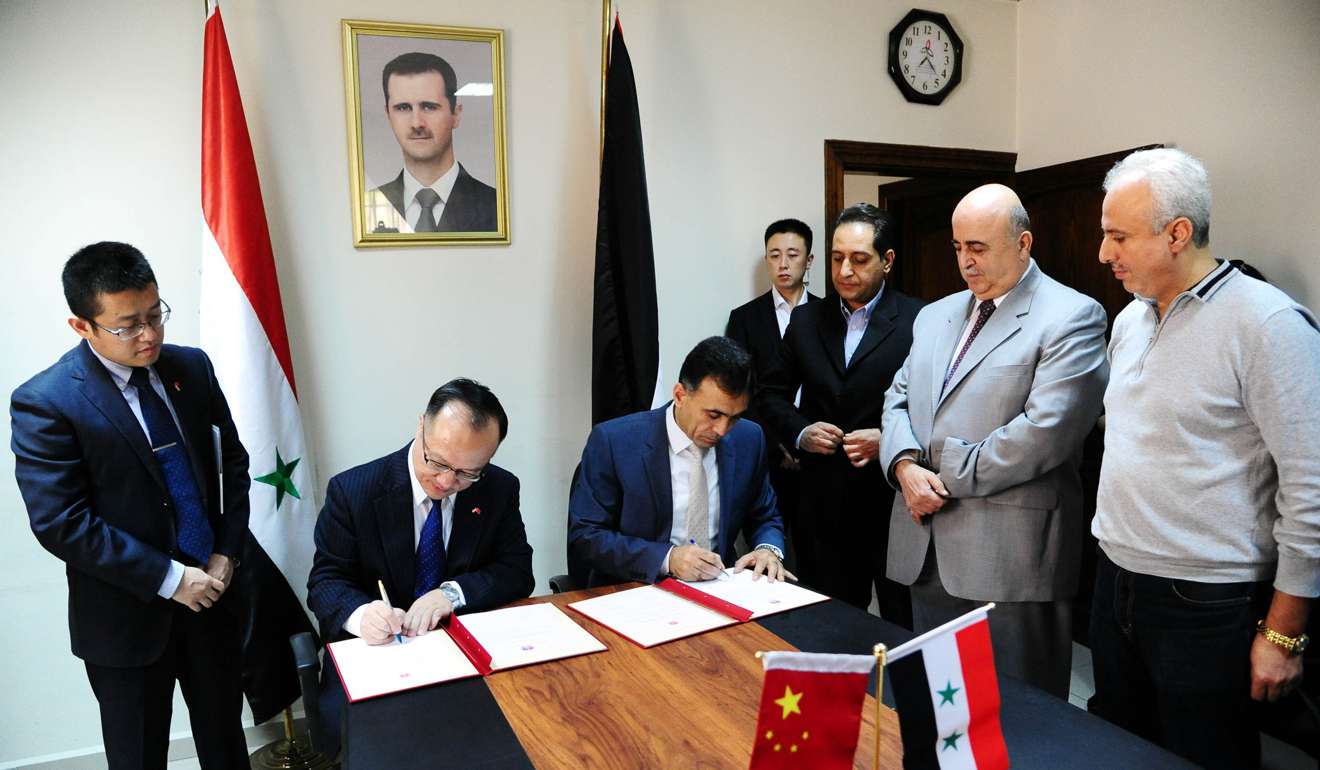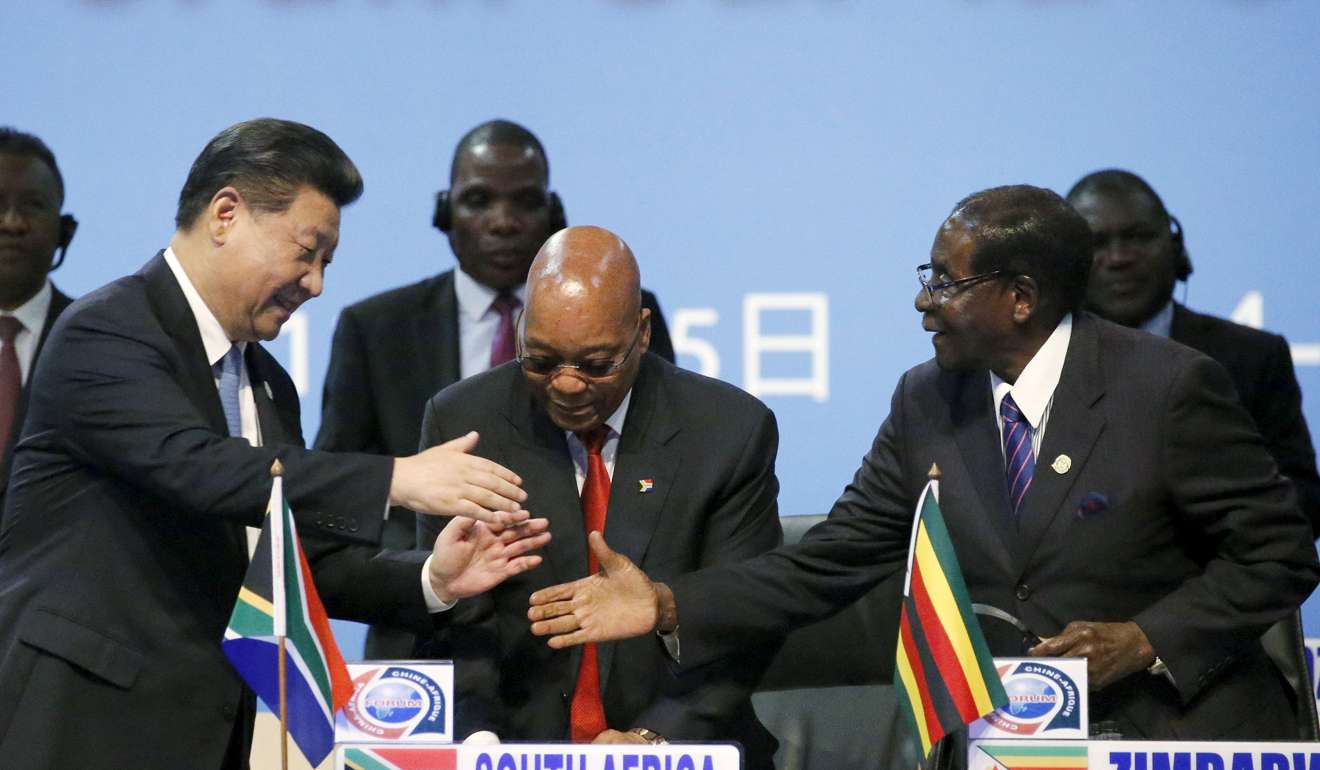
China must act more wisely in giving out foreign aid, says Xi Jinping
Country has provided 600 billion yuan in ‘foreign assistance’ since 1949
China must act more wisely when giving money to foreign countries by “optimising the strategic layout” of foreign aid, President Xi Jinping told a meeting in Beijing this week.
Xi’s comments at the meeting of the Communist Party’s leading small group on comprehensively deepening reform reflect his desire to extract greater returns from China’s spending abroad as Beijing seeks to increase its international influence.
China must “improve management over foreign aid funds and projects, reform the foreign aid administration system and improve the overall results of foreign aid,” the official Xinhua news agency quoted Xi as telling Monday’s meeting.
At the same time, the central government has faced domestic criticism for being too generous when giving money to foreign governments and failing to consider possible returns.

“China needs to make sure that foreign assistance is used in the right places,” said Su Ge, president of the China Institute of International Studies, a foreign ministry think tank.
A key foreign aid priority for China was to reduce “wasteful” use of Chinese funds, Su said.
According to a government white paper issued at the end of last year, China has provided 600 billion yuan (HK$678 billion) in “foreign assistance” since the founding of the People’s Republic in 1949. In the early days, foreign aid when mainly to countries with similar ideologies, such as North Korea, North Vietnam and Albania.
China is trying to boost its global clout via programmes such as the ‘One Belt, One Road” infrastructure initiative and new institutions, including the Asia Infrastructure Investment Bank, and foreign assistance is also expected to facilitate overseas investment.

It was “normal” for China to adjust its foreign assistance strategies according to differences in recipients’ levels of development, Liu Naiya, a West Asian and African studies expert at the Chinese Academy of Social Sciences, said. Improving the way foreign aid worked would help China gain an image as “a responsible country in the world”, Liu said.
China’s foreign aid projects have, however, sometimes been criticised as sweeteners offered by Beijing to gain deals abroad.
“It thus seems that the aid does not purely finance development,” he said
But given that China stressed the principle of non-interference in recipients’ policies, it “should grant its aid as pure budget support, allowing the recipient government to chose what to use the aid for”.

